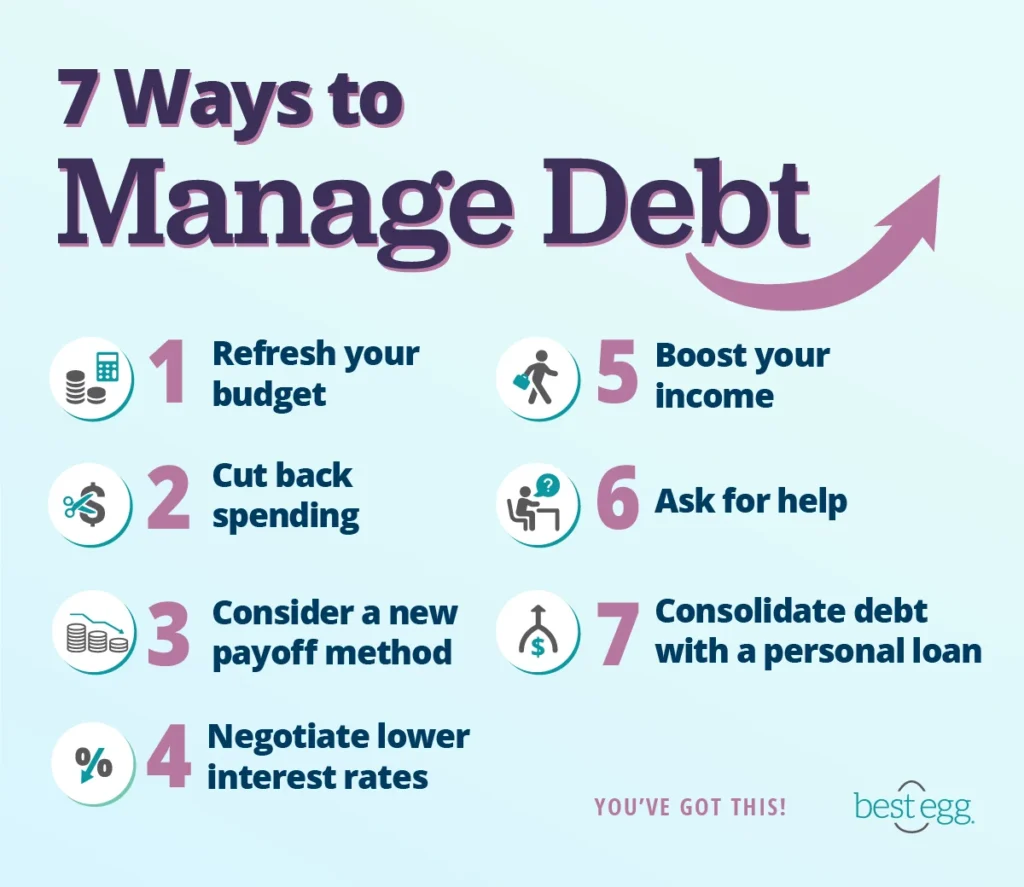Managing debt and improving financial health is a crucial aspect of achieving long-term stability and success. It involves creating a budget, prioritizing payments, and exploring debt consolidation options. By taking proactive steps to manage debt, individuals can reduce financial stress and work towards a more secure future.
One of the key components of improving financial health is establishing a solid plan for debt repayment. This may involve negotiating with creditors, seeking lower interest rates, or seeking out professional assistance. Additionally, exploring alternative income sources and budgeting strategies can also contribute to a more sustainable financial outlook. By actively addressing debt and making informed financial decisions, individuals can pave the way for a brighter financial future.
Understanding Your Debt and Financial Health
Managing debt and improving financial health starts with understanding your current financial situation. This includes taking stock of all your debts, such as credit card balances, student loans, and mortgages, as well as assessing your income and expenses. By creating a clear picture of your financial standing, you can identify areas for improvement and develop a plan to tackle your debt.
Additionally, understanding your credit score and how it impacts your ability to borrow money is crucial. A good credit score can help you qualify for lower interest rates and better loan terms, while a poor credit score can make it more difficult to access credit and may result in higher interest rates. Knowing where you stand financially is the first step to taking control of your debt and improving your overall financial health.
Creating a Budget and Payment Plan
Once you have a clear understanding of your debt and financial situation, the next step is to create a budget and payment plan. Start by listing all your sources of income and comparing it to your monthly expenses. This will help you identify areas where you can cut back on spending and allocate more money towards paying off your debts.
With a budget in place, you can then develop a payment plan to systematically pay down your debts. This may involve prioritizing high-interest debts, such as credit card balances, while making minimum payments on other debts. By sticking to a budget and payment plan, you can make steady progress towards reducing your debt and improving your financial health.
Exploring Debt Consolidation Options
If you have multiple high-interest debts, such as credit card balances, exploring debt consolidation options may help simplify your debt repayment strategy. Debt consolidation involves combining multiple debts into a single loan with a lower interest rate, which can make it easier to manage and potentially save you money on interest payments.
There are various debt consolidation options available, including personal loans, balance transfer credit cards, and home equity loans. It’s important to carefully consider the terms and potential impact on your overall financial situation before pursuing debt consolidation. While it can be a useful tool for managing debt, it’s essential to ensure that it aligns with your financial goals and doesn’t lead to further financial strain.
Seeking Professional Financial Guidance
Managing debt and improving financial health can be challenging, especially if you’re dealing with significant debt or facing complex financial issues. In such cases, seeking professional financial guidance can provide valuable insight and support in developing a strategic approach to managing debt.
Financial advisors, credit counselors, and debt management professionals can offer personalized guidance tailored to your specific financial situation. They can help you understand your options, create a comprehensive debt repayment plan, and provide ongoing support to help you stay on track towards financial stability.
Increasing Income and Cutting Expenses
To effectively manage debt and improve financial health, it’s essential to consider both sides of the financial equation: income and expenses. Finding ways to increase your income, such as taking on a side job or freelance work, can provide additional funds to put towards debt repayment.
Simultaneously, cutting unnecessary expenses, such as dining out or subscription services, can free up more money to allocate towards debt payments. By finding a balance between increasing income and cutting expenses, you can expedite your journey towards debt freedom and improved financial stability.
Building an Emergency Fund
While focusing on debt repayment, it’s important to also prioritize building an emergency fund to cover unexpected expenses. Without an emergency fund, you may be forced to rely on credit cards or loans to handle unforeseen financial challenges, which can hinder your progress in paying off debt.
Setting aside a portion of your income into an emergency savings account can provide a financial safety net and reduce the need to accumulate more debt in the future. Even small contributions to an emergency fund can add up over time and provide peace of mind as you work towards improving your financial health.
Staying Committed to Long-Term Financial Goals
Managing debt and improving financial health is a long-term commitment that requires dedication and perseverance. It’s essential to stay focused on your long-term financial goals, whether it’s becoming debt-free, saving for a major purchase, or planning for retirement.
By staying committed to your financial goals and consistently following through with your debt repayment and budgeting efforts, you can gradually improve your financial health and create a more secure financial future for yourself and your family.
| Steps | Description |
|---|---|
| 1 | Create a budget |
| 2 | Track your expenses |
| 3 | Pay more than the minimum balance |
| 4 | Consolidate your debt |
| 5 | Seek professional help if needed |
Managing debt and improving financial health involves creating a budget, tracking expenses, paying more than the minimum balance, consolidating debt, and seeking professional help if needed. By following these steps, individuals can take control of their debt and work towards a healthier financial future.

